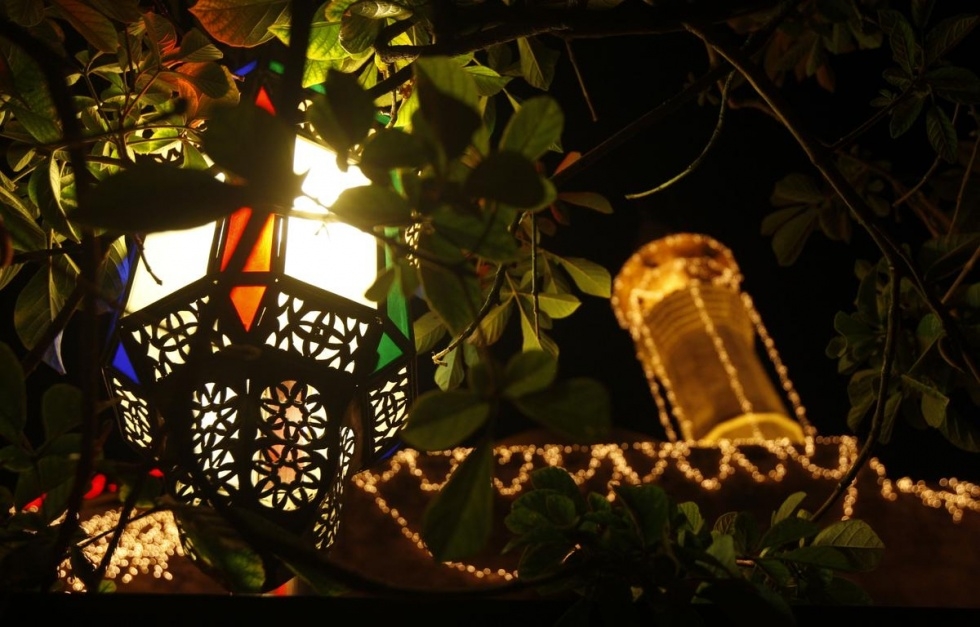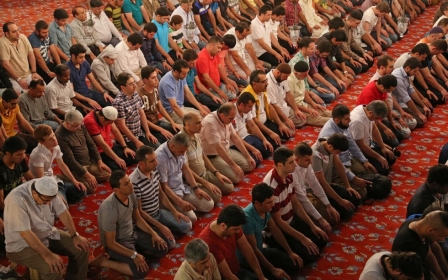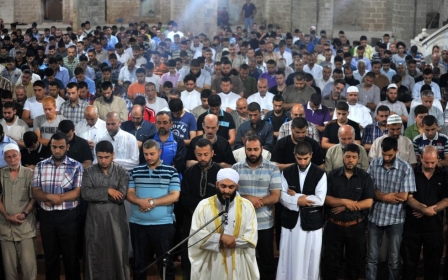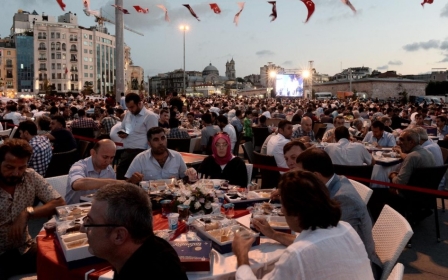Ramadan: A month of many names and virtues

Ramadan is referred to by many names: it is the month of fasting, the month of patience and the month of victories, to name but a few. Undoubtedly, though, the one that is associated most with Ramadan is, the month of the Quran; the first verses of the noble Quran were revealed to Prophet Muhammad during the blessed month.
Muslims are encouraged to dedicate as much time as possible during Ramadan to reading the Quran, memorising its verses and reflecting on its many messages.
“[This is] a blessed Book which We have revealed to you, [O Muhammad], that they might reflect upon its verses and that those of understanding would be reminded.” Chapter 38, verse29
The month of Ramadan, therefore, is an intense training course, when Muslims are afforded opportunities to rectify their lives; to turn a new page; and to become better people, for the benefit of themselves and others. During this month the process of change is effected through fasting and worship. The only prerequisite for the acceptance of their acts of ibadah (worship) is that they should be done purely for the pleasure and love of Allah.
Looking from the outside, it may seem strange that Muslims are excited and motivated during Ramadan when they have to fast and abstain from the delights of food and drink from dawn to dusk each day. The truth is, they are happy because it bears much goodness and promise. Rewards for every good deed are multiplied and shortcomings are covered up.
The generous month
Muslims love Ramadan because the opportunities to earn the reward of their Lord are made easy; it is the generous month, Ramadan Kareem. Throughout the year, from the previous Ramadan, individuals will experience many ups and downs; successes and failures. As travellers on a long journey, they get sore and tired. Ramadan presents the opportunity to dust themselves down, refuel and move on with new energy for the journey of life with all its remaining trials and hardship. It is a period when they are trained to acquire patience and determination by fasting. Ramadan is the month of renewal.
Those who live to witness Ramadan feel especially fortunate because it may be their last opportunity to reap its great rewards. This, in itself, is an achievement and a reason to be happy. No one knows when death will come knocking at the door; it is for this reason that Ramadan is regarded as the best of months. Its virtues are simply not found in any other month.
Common customs
In Muslim lands, there are common customs associated with Ramadan. The spirit of generosity is felt everywhere, inspired by the prophet himself. Although even in normal circumstances he was extremely generous, that aspect of his character became even more pronounced during Ramadan. Thus Muslims everywhere try to emulate him throughout the month.
If a Muslim feeds a fasting person he or she gets the reward of that person’s fast without diminishing in any way the person’s own reward. Driven by this understanding, families prepare food and send it to the local mosques for the daily iftar; the meal to break the fast.
I remember as a student in Arabia in the 1980s how Ramadan was that time of the year when fundraisers from Asia, America and Africa would come to the Middle East to seek support for their projects. Success was almost guaranteed. Many mosques, schools and community projects have been the result of charitable acts conducted in Ramadan.
Socially, the month of Ramadan offers an opportunity to catch up with friends and relatives for the breaking of the fast and additional collective prayers. In Sudan, there is a remarkable custom of local men breaking the fast in the street outside their homes, where they invite passersby to join them. The connection between worship and social conduct is emphasised, for no act of worship is truly beneficial if it does not transform one’s character and conduct for the betterment of society as a whole.
Of course, not everyone is in a position to give to others in the same measure, but in Islam even the sharing of a date is an act of charity that carries great reward. When the fasting person breaks the fast he is encouraged to pray and ask the Almighty for whatever he wants. Those who are unable to give in material terms can pray for those in need. The prayer of the fasting person when he breaks his fast is always answered.
Ramadan, therefore, is rightly referred to as the generous guest; the one that comes once a year with many gifts. It is the month of solidarity; the month of work and sacrifice, the month of great historic victories in Islam. Precisely because it is so special, the prophet used to pray to be allowed to witness Ramadan, for it is indeed the month of many names and virtues.
- Dr Daud Abdullah is the director of the Middle East Monitor (MEMO) in London.
The views expressed in this article belong to the author and do not necessarily reflect the editorial policy of Middle East Eye.
Photo credit: Ramadan decorations light the streets in Lebanon (AA)
New MEE newsletter: Jerusalem Dispatch
Sign up to get the latest insights and analysis on Israel-Palestine, alongside Turkey Unpacked and other MEE newsletters
Middle East Eye delivers independent and unrivalled coverage and analysis of the Middle East, North Africa and beyond. To learn more about republishing this content and the associated fees, please fill out this form. More about MEE can be found here.





